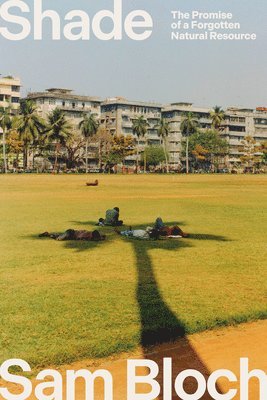Kommande

489:-
- Format: Klotband
- ISBN: 9780593242766
- Språk: Engelska
- Antal sidor: 336
- Utgivningsdatum: 2025-07-22
- Förlag: Random House Publishing Group

